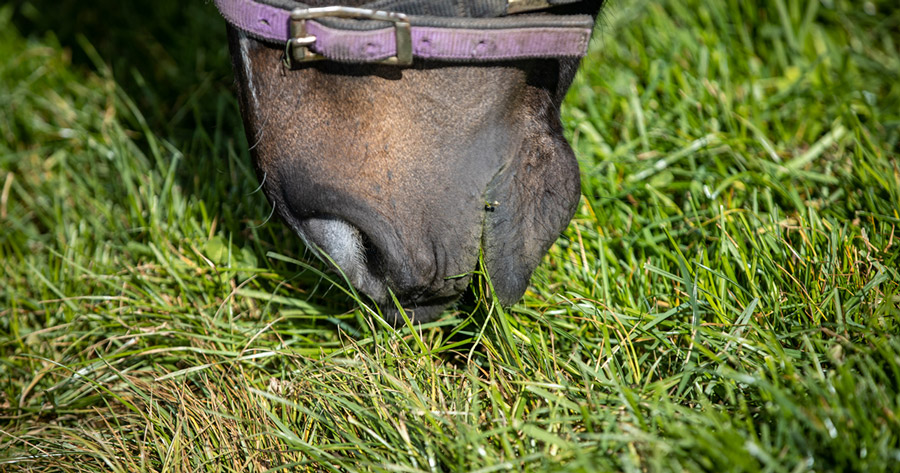Inflammatory Bowel Disease (IBD) in horses refers to a group of intestinal diseases that are caused by the infiltration of different types of inflammatory cells into the mucosal and submucosal walls of the intestine, resulting in intestinal dysfunction. Each disease in the IBD group involves a different combination of white cells or involves a different part of the intestinal tract.
Corticosteroids are the veterinary treatment of choice in horses diagnosed with IBD. Generally, a prolonged, tapering course is used, however, there are no particular indications on doses and duration of these drugs. It is well known that systemic administration of corticosteroids to horses has been associated with several adverse effects, including adrenocortical suppression and dysfunction, laminitis, hepatopathy (liver damage), muscle wasting, altered bone metabolism (reduced bone density and strength), and increased susceptibility to infections.
One of the other major, yet less well-acknowledged considerations is that disruption of the protective mucus barrier of the gastrointestinal tract (GIT) is a key contributor to the initiation and perpetuation of IBD. The use of corticosteroids can further compound this problem, as these drugs adversely impact several of the body’s natural mechanisms for maintaining a healthy mucus barrier in the GIT.
To successfully resolve/manage the horse with IBD, an approach that addresses the inflammation and associated abnormal immune response, in addition to promoting healthy mucus production and function in the GIT is absolutely paramount.

Camilla Whishaw is a highly regarded, experienced horsewoman and naturopath, helping to holistically treat and manage a broad range of equine health conditions and injuries, with a passion for mare and stallion fertility.
As a world-renowned practitioner, presenter, author, and consultant in the field of Equine Naturopathy, Camilla shares her knowledge through keynote presentations, interviews, lectures, panel sessions, and workshop training.





